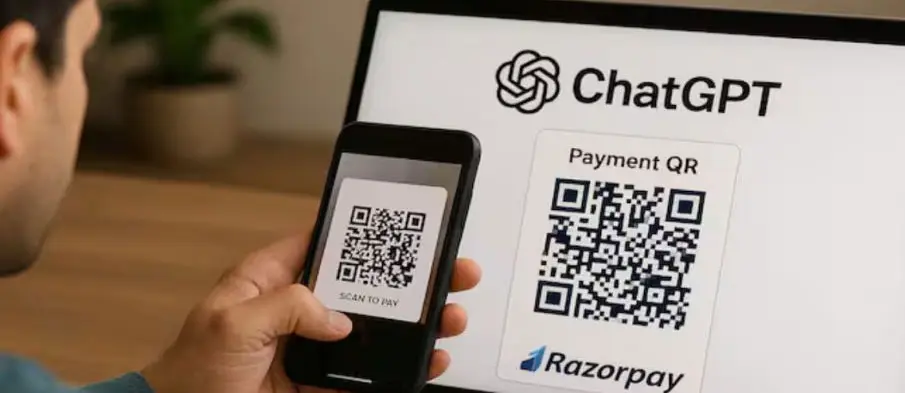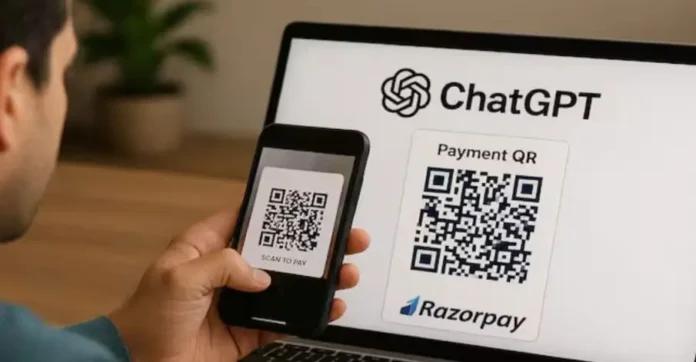
OpenAI is making a significant leap in AI-driven commerce by piloting Agentic Payment within ChatGPT, enabling users to complete purchases seamlessly without leaving the app. The pilot allows users to explore products, compare options, and plan purchases, with the next step letting the AI place orders directly. Partners in this initiative include Axis Bank, Airtel Payments Bank, and Tata Group-owned BigBasket, allowing users to shop for groceries and essentials through ChatGPT using Razorpay’s payment infrastructure.
In a live demonstration, a user could request ChatGPT to “Help me order ingredients for a Thai-style vegetable curry for 4 people from BigBasket,” and the AI would check the catalog, present options, and place the order upon confirmation. OpenAI emphasised that users retain full control over every transaction, with real-time tracking and the ability to revoke orders instantly.
Oliver J., Managing Director of International Strategy at OpenAI, highlighted the transformative potential of the technology: “AI is evolving from helping people find products to actually helping them buy them, while also helping sellers reach millions of people. We’re excited to work with NPCI and explore how we can combine advanced AI with UPI, one of the world’s most trusted real-time payment networks, to unlock a new era of effortless and secure commerce.”
The collaboration between OpenAI, Razorpay, and the National Payments Corporation of India (NPCI) is exploring AI-based payment solutions designed to deliver a personalised and secure shopping experience via UPI. By leveraging AI agents capable of autonomously managing transactions, users could soon enjoy a shopping process that is not only faster and more convenient but also highly secure and under their full control.
This initiative marks a transformative step in merging artificial intelligence with digital payments, opening possibilities for AI agents to autonomously handle routine purchases while safeguarding user preferences and transaction integrity. As OpenAI continues to pilot these capabilities, the project signals a broader shift toward AI-assisted commerce that could redefine how consumers interact with online marketplaces and payment systems globally.





